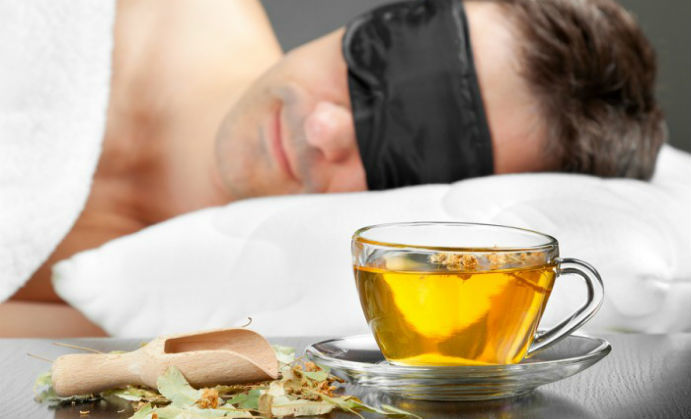Full-blown insomnia, often defined as trouble sleeping for more than a few weeks, can lead to thoughts of sleeping pills. Just a few sleepless nights is enough to make you wonder if a pill might be the answer. But review of a few Internet sites, or talking to your doctor, will soon convince you that there is no such thing as the perfect pill. Sleep medications generally lose their effectiveness after a few weeks, and worse, they can interfere with the body’s ability to stay in natural deep sleep. And they’re habit forming, which means you’ll have new problems to worry about when you try to stop using the pills.
 Integrative medicine has another approach. While these practitioners also use traditional medicine, they also look at the whole person, at the body, mind, and spirit connection, and incorporate alternative therapies into their treatment plans.
Integrative medicine has another approach. While these practitioners also use traditional medicine, they also look at the whole person, at the body, mind, and spirit connection, and incorporate alternative therapies into their treatment plans.
They focus on lifestyle choices such as diet, exercise, and sleep habits. For example, they will test your nutrient levels, and possibly make recommendations about food choices or adding supplements.
Integrative practitioners will also have good information about how meditation or modifications to your before-bedtime sleep habits might help you get the sleep you need. In some circumstances, they might recommend supplementing with melatonin.
Melatonin is a hormone produced by the pineal gland, and it’s typically at lower levels during the day and higher levels at night. While we don’t know everything about the pineal gland or melatonin, we do know this hormone is associated with sleep. We need more studies, but we do know melatonin can help people fall asleep faster, stay asleep longer, and that it can increase the effectiveness of the sleep cycle. All of this is especially true for older people, so if you’ve reached a certain age you might want to call for an appointment with your doctor. Melatonin is generally considered safe, is not habit forming, and doesn’t seem to be associated with any particular side effects. Sounds good, right?
 Even though it might be a new idea, maybe you’re wondering if you should take melatonin. Could it be the answer to your sleep problem? Well, just as with prescription medications, natural remedies don’t always work as intended, and they aren’t recommended for all people. Melatonin does help many people get the sleep they need, but you need to be cautious and talk with your doctor because melatonin isn’t recommended in many circumstances.
Even though it might be a new idea, maybe you’re wondering if you should take melatonin. Could it be the answer to your sleep problem? Well, just as with prescription medications, natural remedies don’t always work as intended, and they aren’t recommended for all people. Melatonin does help many people get the sleep they need, but you need to be cautious and talk with your doctor because melatonin isn’t recommended in many circumstances.
First your doctor will need to evaluate your health, to determine if you have a physical problem related to your sleeplessness. If so, they will treat that problem. If not, your doctor will need to evaluate you for other health concerns that are counter indicative for melatonin. For example, if you’re taking birth control pills, or you’re pregnant or breast feeding, melatonin isn’t for you, and it’s not for children. And it’s not recommended for people with health concerns such as diabetes, and those suffering blood pressure, blood clotting, immune, and seizure problems. And melatonin is not recommended if you’re already taking a sedative medication or if you’re struggling with depression.
Do you want to find an effective Insomnia treatment? Check out our top rated Insomnia products











